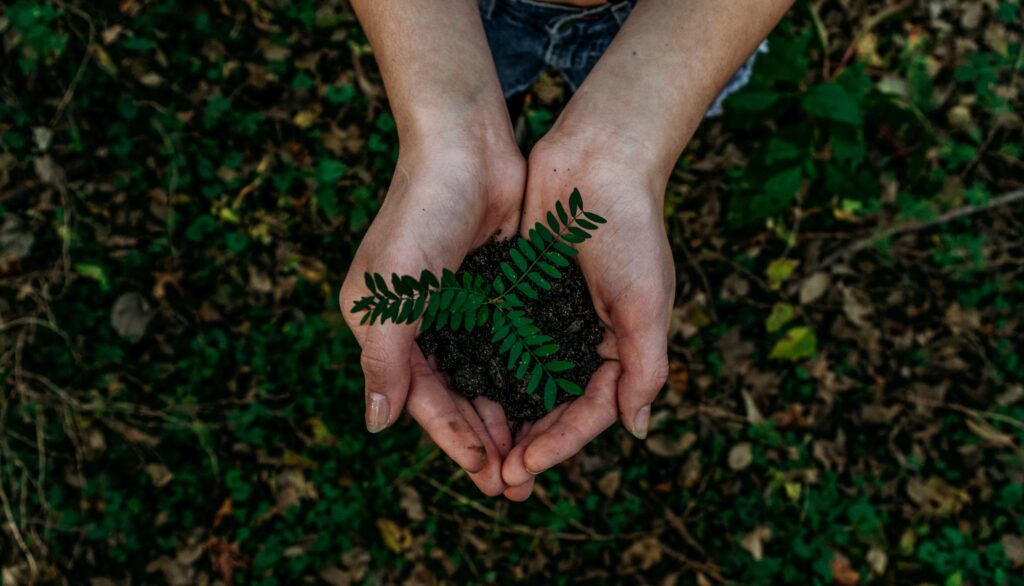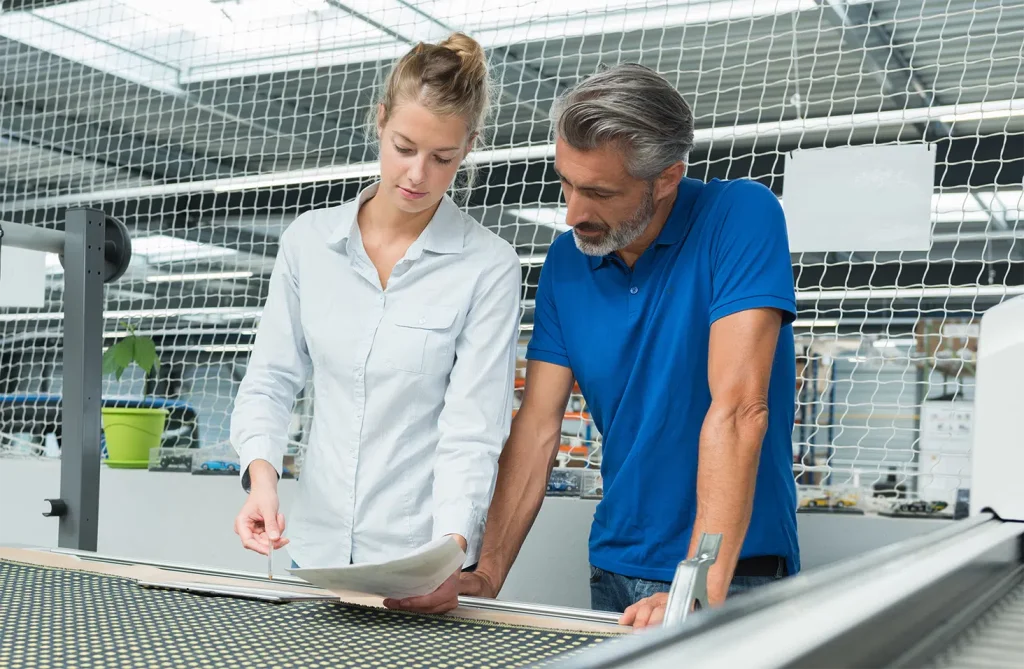Adopting sustainable packaging isn’t just about switching materials—it’s about rethinking how brands interact with the planet and their consumers.
At Novsus, we’ve embraced an innovative solution: Oryzite, a biofiller made from rice husks—an abundant and underused agricultural by-product. With it, we create packaging that not only reduces plastic use but demonstrably lowers environmental impact.
Curious about the mistakes to avoid when moving toward sustainable packaging?
Mistake 1: Choosing “eco” materials without assessing their full life cycle
Many so-called green materials have hidden impacts—extraction, transport, and processing can all be highly polluting.
How Novsus solves it:
Oryzite uses a local, abundant agricultural by-product (rice husk) to create a functional and versatile material. This reduces polymer use and gives value to waste, without triggering new extraction chains.
Every Oryzite-based product includes a detailed lifecycle analysis, measuring environmental impact from production through to disposal.
Mistake 2: Using vague or misleading language (greenwashing)
Terms like “100% natural” or “eco-friendly” sound good, but without data, they fall into greenwashing.
How Novsus solves it:
Our packaging is backed by technical studies and real metrics. Oryzite is certified, and we track savings in plastic, CO₂ emissions, and energy versus conventional solutions.
We believe in transparency: we show how Oryzite is made, which waste streams are used, and what impact is avoided in every project.
Mistake 3: Overlooking circular design
A package can use sustainable materials, but if it’s not designed for reuse, recycling, or valorization, it’s still part of the problem.
How Novsus solves it:
We design packaging with circularity in mind: fewer components, easy disassembly, and potential for post-consumer value. Some models are designed for second life or return systems.
By replacing part of the plastic with plant-based Oryzite, we significantly reduce the environmental impact per unit—right from the design stage.
Mistake 4: Ignoring local recycling and composting infrastructure
What’s the point of compostable packaging if there are no industrial facilities to process it?
How Novsus solves it:
Unlike other “eco” materials, Oryzite can be recycled in conventional systems.
We tailor each solution to the client’s local infrastructure, avoiding technologies users can’t manage properly.
Mistake 5: Not measuring or communicating real impact
Many brands launch “green” packaging without hard data—limiting effective communication and learning.
How Novsus solves it:
We provide a custom environmental impact report for each project, including:
- % plastic reduction
- CO₂ emission savings
- Amount of rice husk repurposed
This allows our clients to communicate clearly and transparently with consumers, investors, and regulators.
Real sustainability, built on valuable waste
When it comes to sustainable packaging, changing the material isn’t enough. Brands need circular, measurable, and locally adapted solutions. At Novsus, we help make that a reality—with innovation and integrity.
Wondering if your packaging could be made with Oryzite?
Request a free consultation with our team. We’ll analyze your case and show you how to reduce your environmental footprint without sacrificing functionality or design.



